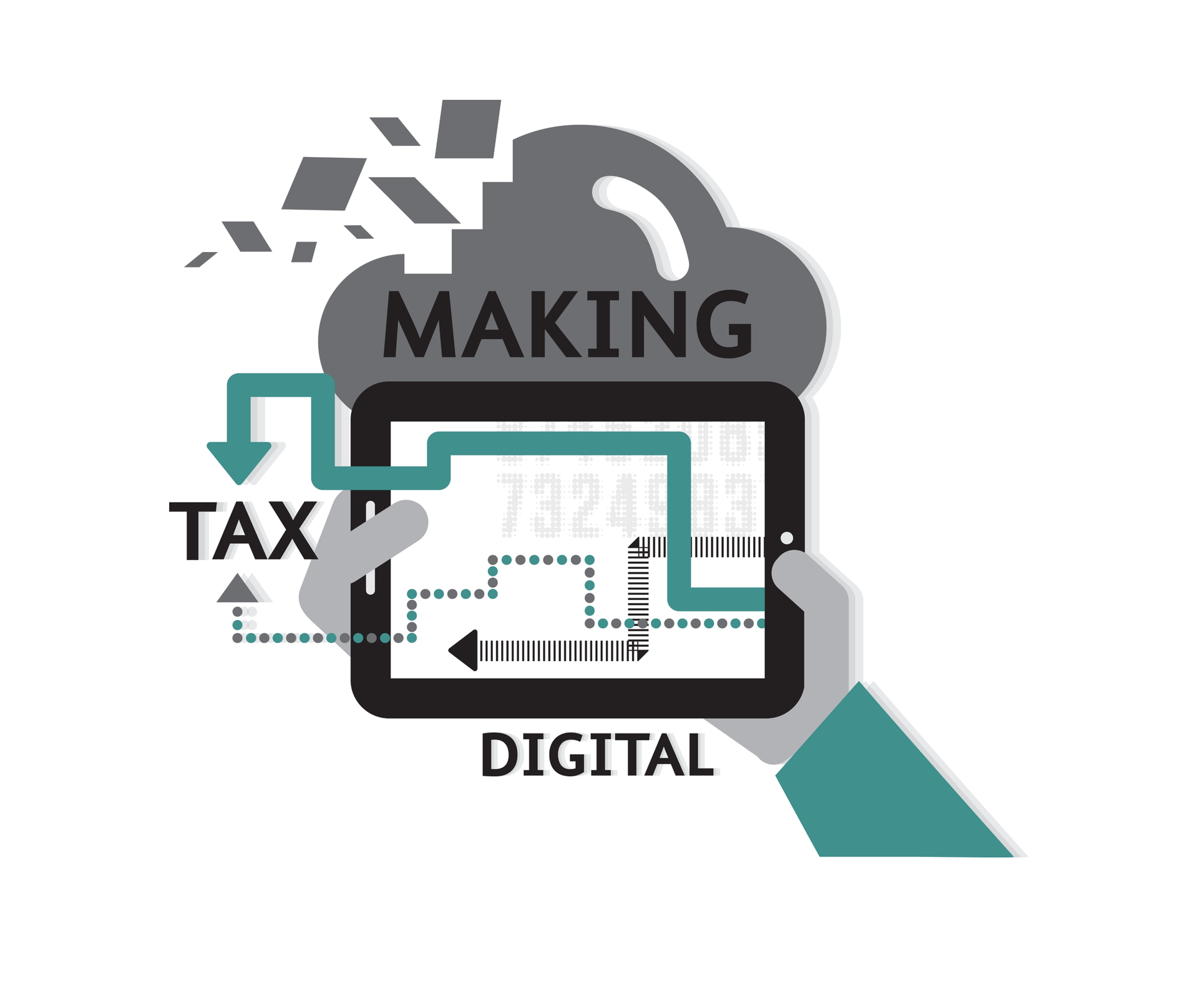
A partnership may be a simple trading vehicle enabling two or more people to own and run a business, but there are few practicalities worth considering before making the move.
Legal documentation
Whilst there are no legal formalities involved in establishing a partnership, and a partnership may come into existence under an oral agreement, it is advisable that a formal partnership deed is drawn up. This is a legal document that sets out what each partner is responsible for and what they can expect from the business. Many partnerships ask a solicitor to help with the deed, but it is possible for the partners to drawn one up themselves. Note that although anyone can enter into a partnership, people under the age of 18 cannot be legally bound by the terms of a partnership agreement.
Protection?
Unlike in a limited company, partners do not have any protection if the partnership fails. If one of the partners resigns, dies or goes bankrupt, the partnership has to be dissolved, even though the business itself may not need to cease.
Roles and responsibilities
Each partner is treated as being individually self-employed, taking a share of the partnership profits. The partners generally share the decision-making and management of the business, but each partner is personally responsible for any (and potentially all) debts that the partnership incurs, and each person pays income tax and NICs on his or her share of the partnership profits.
A partnership must appoint one of the partners (referred to as the ‘nominated officer’) to complete a partnership tax return each year and submit it to HMRC. This return includes a Partnership Statement, which shows how profits or losses have been divided amongst the partners. The nominated partner is also obliged to provide each partner with a copy of the Partnership Statement to assist them with completing their own personal tax return correctly.
Where a sole trader takes in one or more partners there is a change in business entity for VAT purposes. If the sole trader is VAT registered, the change must be notified to HMRC within 30 days and the existing VAT registration will be cancelled. Alternatively, an application may be made (on form VAT 68) for the VAT registration to be transferred to the partnership. The partnership itself must register if the VAT taxable turnover is more than the VAT registration threshold (currently £85,000).
Limited Liability Partnership
A limited liability partnership (LLP) structure may be an agreeable compromise in some circumstances. This offers both the flexibility of a general partnership and the limited liability protection of a company. LLP partners share costs, risks, and responsibilities of the business. They also take a share of the profits and pay income tax and NICs on their share of the partnership profits. However, under an LLP agreement, debt will be limited to the amount of money each partner invested in the business and to any personal guarantees given to raise business finance. Since liability is generally restricted to the level of investment, members of LLPs will benefit from a certain level of protection if the business runs into difficulties.
If you would like advice about which company status to opt for, please call Martin Johnson on 0191 567 8611 or e-mail m.johnson@uhy-torgersens.com. Should you require legal assistance, e will also be pleased to recommend one of the excellent law firms we work alongside
As one of the leading firms of accountants in the North East, with offices in Newcastle, Sunderland and Jarrow, we have the expertise to advise you on a wide range of tax related issues. If you would like to speak to one of our local experts, please call 0191 567 8611 or e-mail info@uhy-torgersens.com.
The information provided in this blog is for general informational purposes only and should not be considered professional advice. As far as we are aware, the content is accurate at time of publication. Torgersens assumes no responsibility for errors or omissions in the content or for any actions taken based on the information provided.




.jpg)



